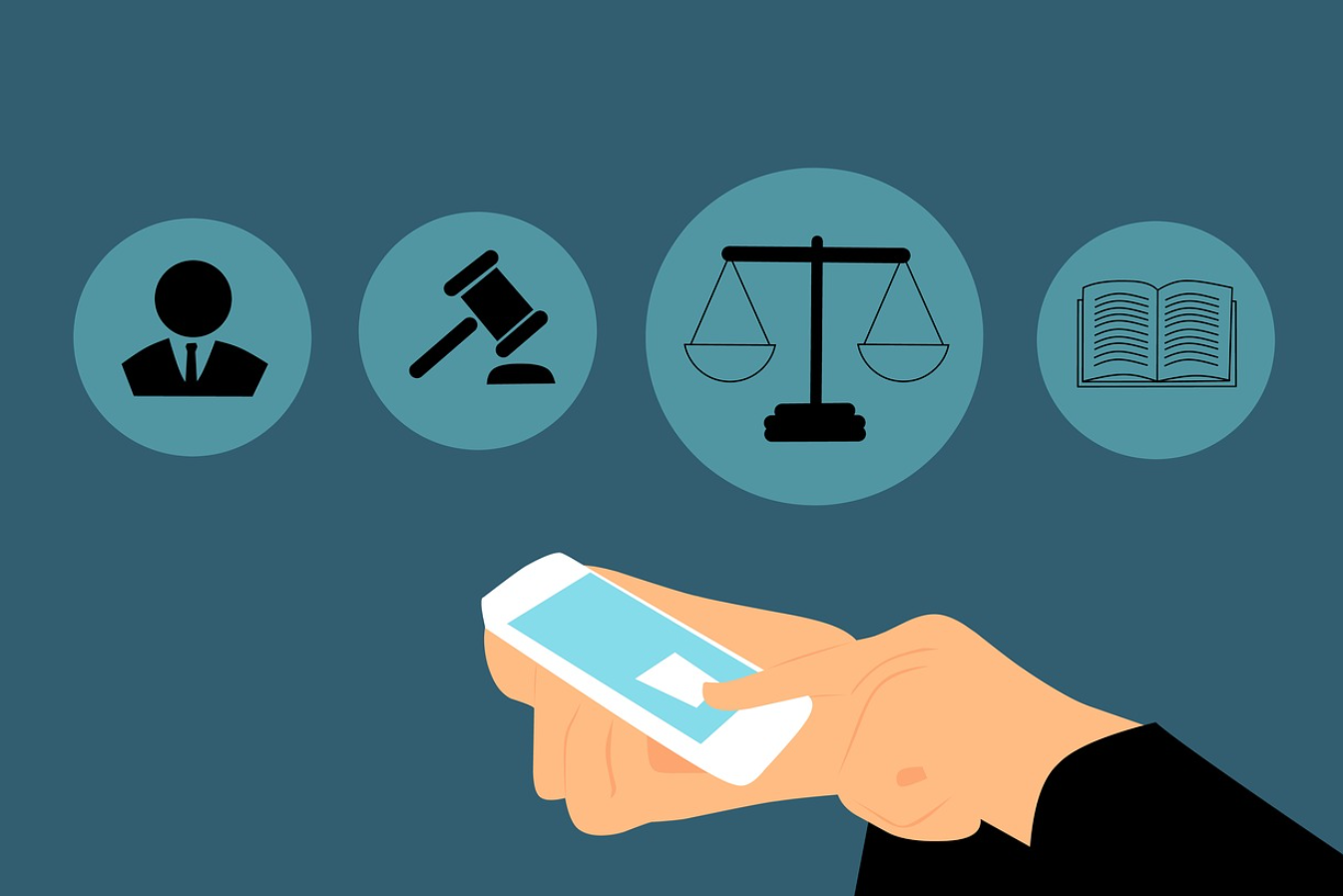Technology is a powerful tool that prepares attorneys to build strong and persuasive cases. It helps lawyers sift through massive legal data, streamlines workflows, and improves communication with clients.
Statistics indicate that around 59% of lawyers use web-based solutions or services. In effect, technology plays a pivotal role in business success with 64% of law firms earmarking a budget for tech. This figure is expected to increase in the coming years. Furthermore, technology can streamline court processes and promote efficiencies. For lawyers, it can also help them improve the odds of winning their cases by preparing their arguments and rebuttals as well as strengthen strategies. Here are ways technology can be used to prepare lawyers build a convincing case.
Reduces Lengthy and Time-Consuming Research
As an attorney, you need to meticulously prepare and build your case by thoroughly gathering evidence and interviewing witnesses. In addition, lawyers must possess deep understanding of the relevant laws, statutes, and legal precedents pertinent to their cases. As such, you can tailor arguments to the specific legal scenario. When you have a clear and concise theory of the case, you can outline the legal arguments that are relevant to convince or persuade the judge or jury. Evidence including documents, testimonies, and expert opinions that support your client’s position and weakens the opposing side is key to winning the case. Legal documents such as briefs and motions must be written well inclusive of compelling arguments to present the case of the client in a concise, clear, and persuasive manner.
Throughout these, you’ll be wading through books, legal documents, and other types of information. Depending on the jurisdiction and age of the material, data may be stored in physical and digital formats. Law libraries compile and store information while courthouses hold physical archives of past case files, transcripts, and evidence. The good news is online legal data bases exist which offer a vast collection of information and resources including statutes, case laws, and regulations. Instead of combing through stacks of books and documents, you can search for data using advanced features of websites and legal research platforms. Hence, it is possible to filter results based on parameters that are applied including dates, legal jurisdictions, and legal issues. Like search engines, the advanced features of legal databases also respond to specific keywords found within the text of a ruling. This enables lawyers to cut through irrelevant information and zero in on the most relevant data pertinent to their case. Many courts also make their case records available online allowing public access to case information.
Another way technology assists in the research processes is through automating legal citations so that they are accurate and consistent throughout the documents. Technology eliminates time-consuming manual checking and reduces errors. Furthermore, technology also automates ‘shepherdizing,’ the process of verifying if a legal precedent is still ‘good law.’ Outdated cases are flagged and any subsequent ruling that modified the original precedent are highlighted. Essentially, tech saves attorneys from manually checking updates. Note that technology still cannot replace legal expertise as lawyers must critically analyze the information they have on hand and apply their knowledge to craft a solid case.
Streamlines Legal Management Practices Activities
Technology plays an important tole in legal management practices by boosting efficiency through streamlined workflows. For example, installing a management software centralizes and organizes client information, case documents, communications, and deadlines. It promotes efficiency because data is readily available and accessible for all legal teams. Repetitive tasks such as scheduling appointments and meeting deadlines can be automated. This feature frees up valuable time so that attorneys can devote more time for strategic and complex work.
On top of the ease of data storage and retrieval, legal tech can generate reports and analytics that offer valuable insights into a case progress as well as resource allocation and general performance. Generated data can be used to define areas for improvement to optimize workflows and secure legal information. For example, data security is a critical component of a legal firm because lawyers have a professional duty to protect client confidentiality as enshrined in ethical codes. Exposing a client’s info is in violation of this duty and may lead to disciplinary action. Highly-sensitive data are also handled by law companies including personally identifiable information (PII), communications between lawyers and clients, and mergers or acquisition deals. Hence, it is vital that a firm implements robust cybersecurity measures including installing firewalls, strong data encryption, regular security audits, and secure communication lines.
Promotes Better Client Communication

Secure online portals within a practice also allow for hassle-free communication between lawyers, clients, and team members. Updates, documents, and online collaboration tools are available in real time reducing misunderstandings and miscommunications that will ulitmately improve overall client satisfaction. Instant messaging, video conferencing, and other real-time communication tools enhance open communication and instant updates.
Furthermore, cloud-based platforms offer a stage where clients can review and provide feedback in real-time to improve efficiencies and reduce delays. Online surveys and feedback forms can also be used to measure the overall satisfaction of clients. According to a Law Society of England and Wales study involving attorneys and clients on legal services experiences, 50% of respondents were not satisfied with their past/present counsel citing ‘communication problems’ as their a main issue.
All in all, technology is a powerful tool that prepares attorneys to build strong and persuasive cases. It helps lawyers sift through massive legal data, streamlines workflows, and improves communication with clients.


Join the conversation!